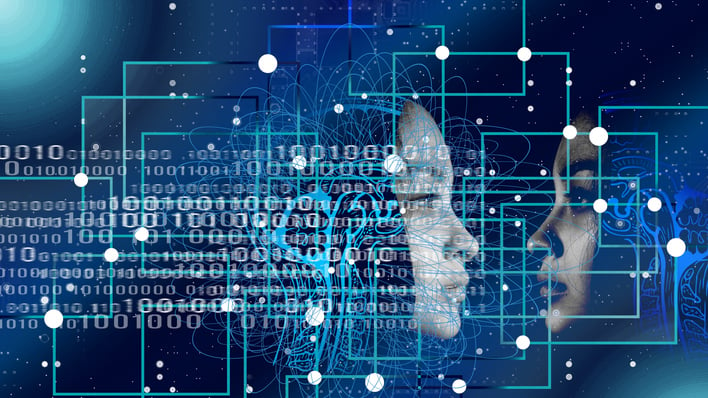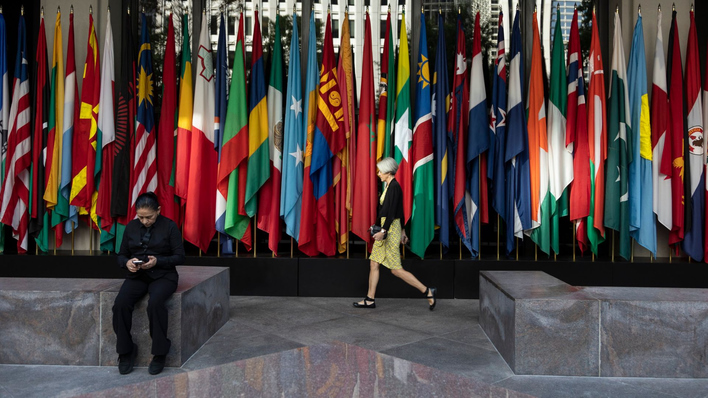AI Study Claims 2 Out Of 5 Human Jobs Will Be Disrupted Or Lost To Artificial Smarts

Earlier this week, the International Monetary Fund (IMF), a Washington, DC-based financial institution with ties to the United Nations and IMF 190-member countries supporting economic stability, published research on “Artificial Intelligence and the Future of Work.” This research reported that “40 percent of global employment is exposed to AI, with advanced economies at greater risk,” the latter closing in on 60 percent of jobs exposed due to a prevalence of cognitive-task-oriented jobs. However, with this higher risk, more advanced economies also have the means to better leverage the benefits of AI than a developing or emerging economy.

The research also notes that AI will not be limited to any one job role or sector and that, effectively, every job is in the line of fire, as it were. Regardless of job roles, it is further noted that “the advent of AI could exacerbate inequality within countries along various dimensions, such as the income level of individuals, their education level, or their gender.” Effectively, AI has the potential to replace just about any job, increasing socioeconomic divides in nations that see broad adoption of the technology.
Moreover, the report finds that AI will affect older individuals more than younger individuals and that prior education influences individuals’ adaptability. However, these negative downsides also raise the opportunity for positive change. Namely, people should be looking for the implementation of policies that ensure social cohesion and “promote the equitable and ethical integration of AI and train the next generation of workers in these new technologies” while also “protect[ing] and help[ing] retrain workers currently at risk from disruptions.”
In short, given the looming economic and social pressures, individuals should look for policies that support and protect them in a time of technological advancement rather than shut down the advancement. This research also raises the question of when we as a society determine that it is a bad thing to have our jobs replaced by robots. It simply means that we have a new challenge in supporting each other better as humanity pivots to advancing not only the sciences, but arts and creative industries as well.

